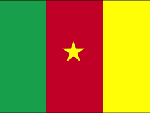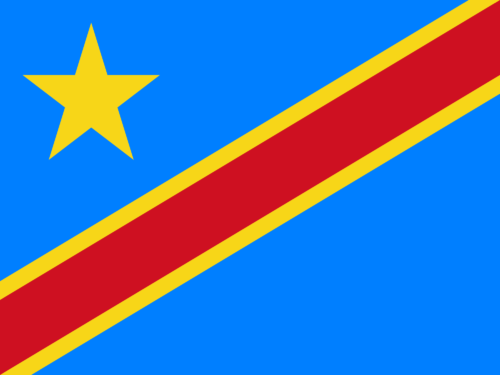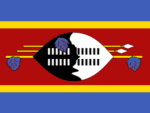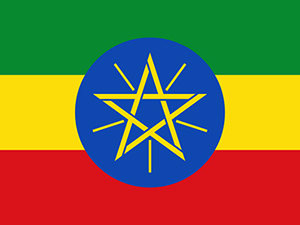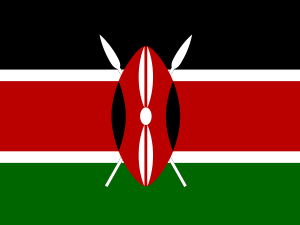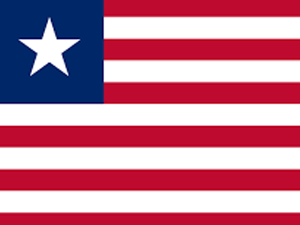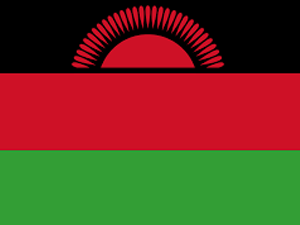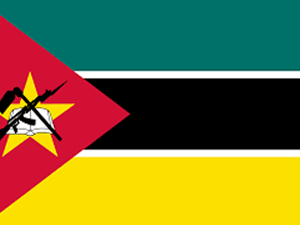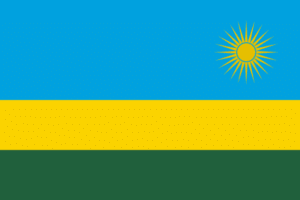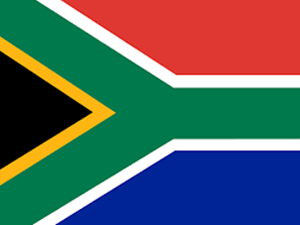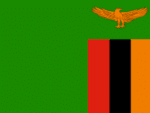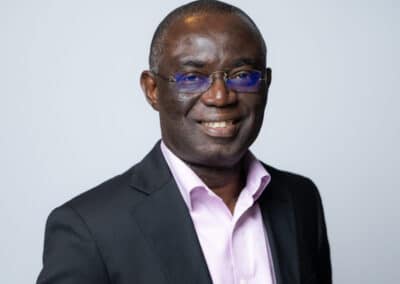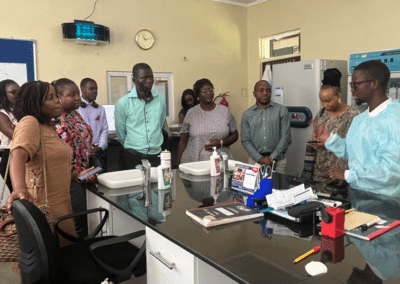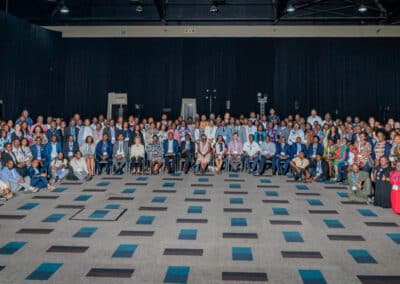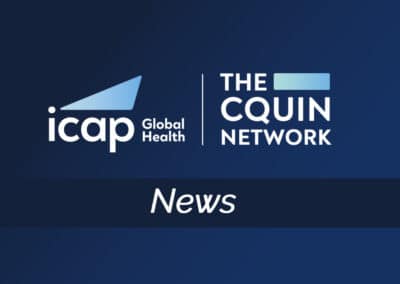As the number of CQUIN partner countries in West and Central Africa continues to expand, ICAP’s CQUIN team is earnestly engaging ministries of health and other stakeholders and partners in Côte d’Ivoire, Nigeria, Cameroon, and Senegal.
Despite the constraints posed by COVID-19, CQUIN regional experts were able to safely visit multiple network countries in early 2021 to observe and assess the various differentiated service delivery (DSD) policies and implementation in the respective countries.
“These visits are always highly informative for CQUIN as we engage with the various stakeholders involved in providing and improving access to differentiated HIV services for people living with HIV,” said Peter Preko, MBChB, project director for CQUIN, after his visit to Nigeria. “These visits also present an opportunity for the countries to self-assess their DSD achievements and gaps to set priority targets to support the scale-up of DSD. We also use these visits to identify, and agree on country technical assistance needs that CQUIN can support,” Dr. Preko said.
In a February follow-up visit to Côte d’Ivoire, CQUIN learned that the Ministry of Health is expanding its DSD model mix to include community-based models. The country has previously focused on prioritizing facility-based DSD models which include three-month refills, three to six-month refills, and fast-track visits. Côte d’Ivoire also supports the facility-based group adherence club model, where recipients of care groups meet with community counselors and social assistants at health facilities for ART services.
“Côte d’Ivoire’s engagement with CQUIN has shown the country that community-based models work. The MOH was especially intrigued by the model during a south-to-south learning visit to Zimbabwe, where the implementation of these community groups helps recipients of care with peer support and adherence to antiretroviral treatment therapy,” said Franck Boraud, MD, CQUIN regional advisor and former DSD coordinator for Côte d’Ivoire.
In Nigeria, Dr. Preko met with Osagie Ehanire, the federal minister of health, who expressed his appreciation for Nigeria joining CQUIN and pledged his support for the network. According to Dr. Preko, Nigeria has a diversity of DSD models, including the community-based pharmacy ART distribution, which other CQUIN member countries have expressed interest in implementing. Nigeria also has plans to prioritize health staff training in DSD implementation to standardize care and treatment across the country. The CQUIN team met with Akudo Akpeazu, MBBS, MPH, DPH, program manager of the National AIDS/STI Control Program, and her team to identify country DSD priorities. “The Nigeria team wants to focus on quality improvement of DSD services. In addition to improving monitoring and evaluation of DSD and seeking CQUIN support in organizing DSD performance reviews, Nigeria also plans to enhance the coordination of DSD activities,” Dr. Preko said.
Rachel Mudekereza, MD, MPH, senior regional clinical advisor for West and Central Africa, and Jean-Jacques M’bea, MD, MPH, regional strategic information advisor, together with Dr. Preko also visited Cameroon and Senegal in March where they met with the Ministry of Health and key DSD stakeholders in each country.
“Our goal with these visits is to identify key DSD priorities the ministries of health would like to implement in the year,” said Dr. Mudekereza. “We look forward to continued engagement with other network countries so we can provide the needed support to work towards achieving the global 95-95-95 UNAIDS targets.”



